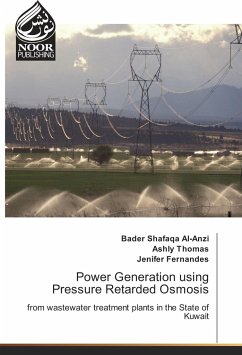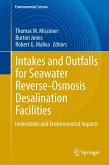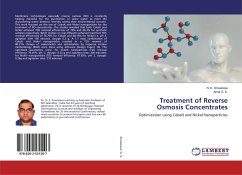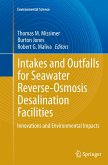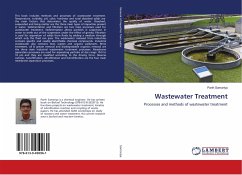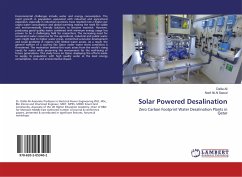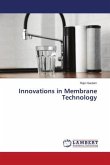Discharge from the desalination plants of Kuwait returns brine of high salinity to the Gulf that contain other contaminants, such as chlorine or chromium, impacting the environment of the coastal region. Conversely, wastewater discharges to the Gulf have low salinity but may drive eutrophication of coastal waters. Pressure retarded osmosis (PRO) is a promising source of renewable energy and an emerging membrane-based technology for recovering energy from concentration differences between water streams. The proposed work examines the feasibility of using PRO to generate energy from wastewater and desalination plants in Kuwait by calculating the power density using a PRO zero-dimensional model.
Bitte wählen Sie Ihr Anliegen aus.
Rechnungen
Retourenschein anfordern
Bestellstatus
Storno

